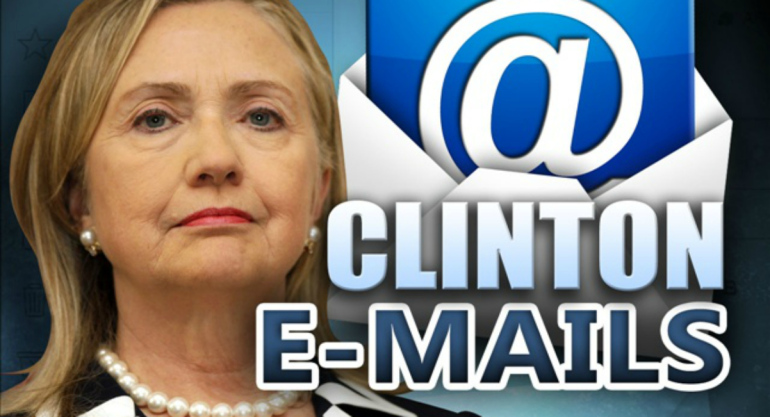
WASHINGTON — A second federal judge in Washington ruled Tuesday that a conservative legal watchdog group may question the State Department and potentially several top aides to Democratic presidential contender Hillary Clinton about her use of a private email server while she was secretary of state.
In a three-page order, U.S. District Senior Judge Royce C. Lamberth of the District granted a request from Judicial Watch, which has sought public records of talking points used by Obama national security adviser Susan E. Rice, then-U.S. ambassador to the United Nations, in television appearances after the deadly Sept. 11, 2012, attacks on U.S. facilities in Benghazi, Libya.
Appearing five days later on Sunday morning talk shows, Rice said the assaults appeared to have stemmed from a spontaneous protest of an anti-Islam video. U.S. investigators subsequently concluded that the attacks were brought by terrorist groups.
“Where there is evidence of government wrong-doing and bad faith, as here, limited discovery is appropriate, even though it is exceedingly rare” in Freedom of Information Act (FOIA) cases, Lamberth wrote.
His decision came about five weeks after another federal judge in Washington, U.S. District Judge Emmet G. Sullivan, ruled that current and former top State Department and Clinton aides could be questioned under oath about her email arrangement in a separate Judicial Watch FOIA case. That ruling cleared the way for questioning about whether the officials and aides intentionally thwarted federal open records laws by using or allowing the use of a private email server during Clinton’s tenure at the State Department from 2009 to 2013.
Sullivan in that case set an April 12 deadline for Judicial Watch and the government’s lawyers to lay out a plan for how they want to proceed, subject to court approval. The Washington-based legal group is seeking public records in that case about the employment arrangement of Huma Abedin, a longtime confidante of Clinton’s who served as Clinton’s deputy chief of staff.
Judicial Watch subsequently proposed questioning seven current and former officials, including Cheryl D. Mills, who was Clinton’s chief of staff at State; Abedin, a top aide who served as Mills’ deputy and who now is vice chairman of Clinton’s presidential campaign; and Bryan Pagliano, a Clinton staff member during her 2008 presidential campaign who helped set up the private server.
Others designated for deposition include Undersecretary for Management Patrick F. Kennedy; Stephen D. Mull, executive secretary from June 2009 to October 2012; Lewis A. Lukens, executive director of the executive secretariat from 2008 to 2011; and Donald R. Reid, senior coordinator for security infrastructure in the Bureau of Diplomatic Security.
Lamberth said in his order that after Sullivan decides how to proceed in the Abedin records case, Judicial Watch should submit a proposed discovery plan within 10 days to him in the Rice matter, and the government can respond in another 10 days.
(c) 2016, The Washington Post · Spencer S. Hsu

